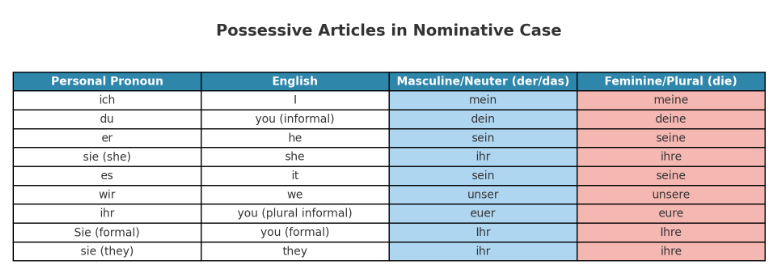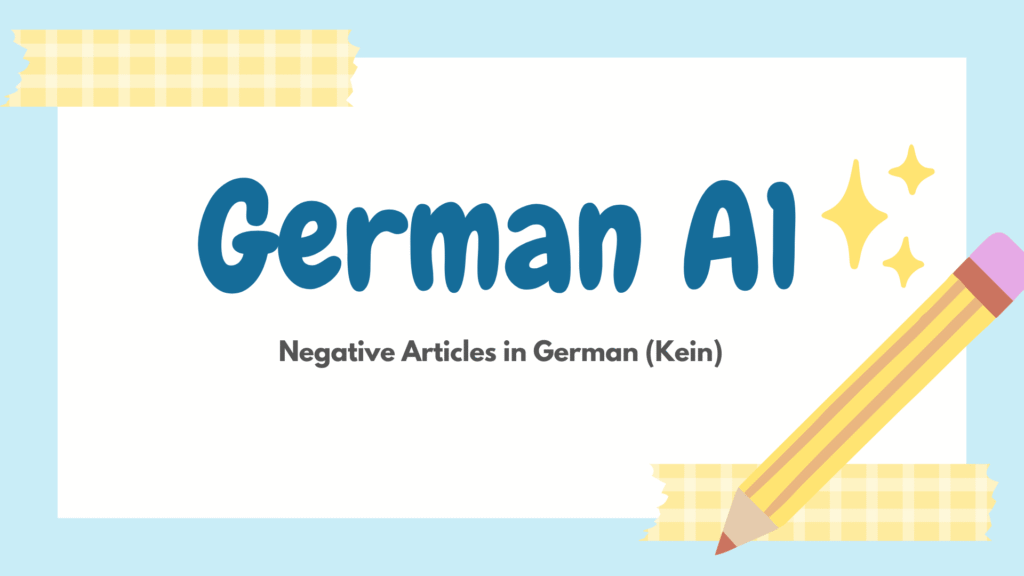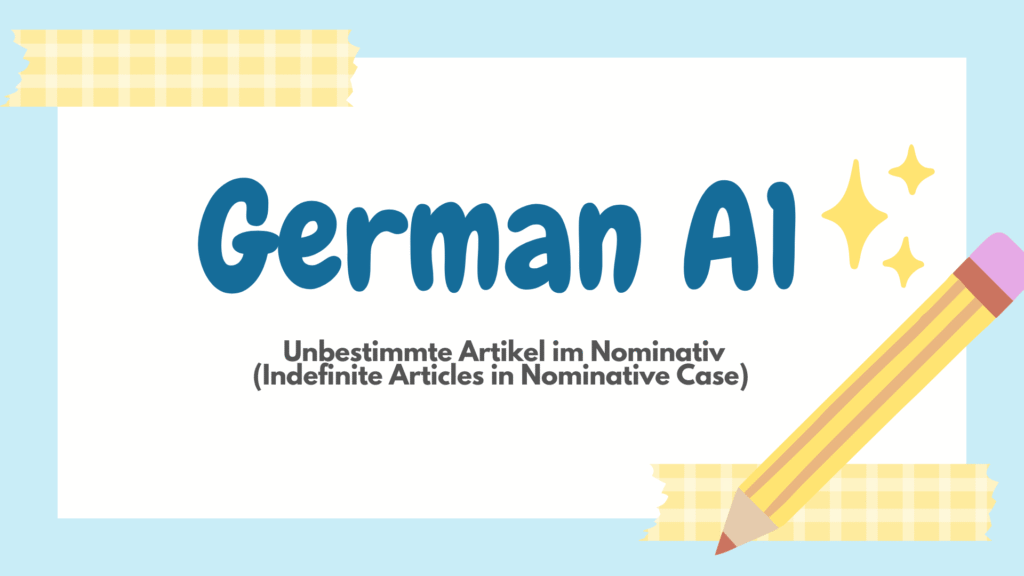
Top 100 Adverbs in the German Language
Adverbs are an essential part of the German language. They modify verbs, adjectives, or other adverbs, providing more details about how, when, where, or to what extent something happens. Mastering adverbs will significantly improve your fluency and comprehension in German. Below is a categorized list of the top 100 adverbs in German, along with explanations and examples.
1. Adverbs of Time (Zeitadverbien)
These adverbs indicate when something happens.
- jetzt (now) — Ich esse jetzt mein Mittagessen. (I am eating my lunch now.)
- bald (soon) — Er kommt bald nach Hause. (He will come home soon.)
- damals (back then) — Damals war alles anders. (Back then, everything was different.)
- gestern (yesterday) — Gestern war das Wetter besser. (Yesterday, the weather was better.)
- heute (today) — Heute ist ein schöner Tag. (Today is a beautiful day.)
- morgen (tomorrow) — Morgen fahren wir nach Berlin. (Tomorrow we are going to Berlin.)
- vorher (before) — Ich war vorher im Supermarkt. (I was at the supermarket before.)
- nachher (afterwards) — Wir sehen uns nachher. (We will see each other afterwards.)
- immer (always) — Er kommt immer pünktlich. (He always arrives on time.)
- oft (often) — Wir gehen oft ins Kino. (We often go to the cinema.)
2. Adverbs of Place (Ortsadverbien)
These adverbs describe where something happens.
- hier (here) — Ich bin hier. (I am here.)
- dort (there) — Dort ist das Museum. (The museum is there.)
- überall (everywhere) — Ich habe ihn überall gesucht. (I have looked for him everywhere.)
- irgendwo (somewhere) — Er wohnt irgendwo in der Stadt. (He lives somewhere in the city.)
- nirgends (nowhere) — Ich kann meine Schlüssel nirgends finden. (I can’t find my keys anywhere.)
- vorne (in front) — Das Auto steht vorne. (The car is in front.)
- hinten (at the back) — Der Garten ist hinten. (The garden is at the back.)
- oben (above) — Das Bild hängt oben an der Wand. (The picture is hanging above on the wall.)
- unten (below) — Der Keller ist unten. (The basement is below.)
- daneben (next to it) — Der Supermarkt ist direkt daneben. (The supermarket is right next to it.)
3. Adverbs of Manner (Modaladverbien)
These adverbs describe how something happens.
- schnell (quickly) — Sie lief schnell nach Hause. (She ran quickly home.)
- langsam (slowly) — Sprich bitte langsam! (Please speak slowly!)
- gern (gladly) — Ich trinke gern Kaffee. (I like drinking coffee.)
- genauso (exactly the same) — Er sieht genauso aus wie sein Vater. (He looks exactly like his father.)
- anders (differently) — Heute läuft alles anders als geplant. (Today everything is going differently than planned.)
- zusammen (together) — Lass uns zusammen essen! (Let’s eat together!)
- allein (alone) — Sie reist gern allein. (She likes to travel alone.)
- laut (loudly) — Er spricht sehr laut. (He speaks very loudly.)
- leise (quietly) — Bitte rede leise. (Please speak quietly.)
- zufällig (by chance) — Ich habe ihn zufällig getroffen. (I met him by chance.)
4. Adverbs of Frequency (Häufigkeitsadverbien)
These adverbs indicate how often something happens.
- immer (always) — Ich bin immer pünktlich. (I am always on time.)
- oft (often) — Sie geht oft ins Theater. (She often goes to the theater.)
- manchmal (sometimes) — Manchmal ist das Wetter schön. (Sometimes the weather is nice.)
- selten (rarely) — Ich esse selten Fleisch. (I rarely eat meat.)
- nie (never) — Er raucht nie. (He never smokes.)
- täglich (daily) — Ich trinke täglich Kaffee. (I drink coffee daily.)
- wöchentlich (weekly) — Der Kurs findet wöchentlich statt. (The course takes place weekly.)
- monatlich (monthly) — Ich bezahle die Miete monatlich. (I pay rent monthly.)
- jährlich (yearly) — Wir fahren jährlich in den Urlaub. (We go on vacation yearly.)
- regelmäßig (regularly) — Sie trainiert regelmäßig. (She trains regularly.)
5. Adverbs of Degree (Gradadverbien)
These adverbs describe the intensity of an action.
- sehr (very) — Er ist sehr freundlich. (He is very friendly.)
- ziemlich (quite) — Das Essen ist ziemlich gut. (The food is quite good.)
- ganz (completely) — Ich bin ganz sicher. (I am completely sure.)
- völlig (totally) — Das ist völlig normal. (That is totally normal.)
- fast (almost) — Ich bin fast fertig. (I am almost done.)
- kaum (hardly) — Ich kann dich kaum hören. (I can hardly hear you.)
- ein bisschen (a little) — Ich spreche ein bisschen Deutsch. (I speak a little German.)
- mehr (more) — Ich brauche mehr Zeit. (I need more time.)
- weniger (less) — Ich esse weniger Zucker. (I eat less sugar.)
- absolut (absolutely) — Das ist absolut fantastisch! (That is absolutely fantastic!)
Conclusion
Adverbs are an essential part of everyday German conversation. By learning these 100 most common adverbs, you can improve your fluency and make your speech sound more natural. Try to incorporate these words into your daily vocabulary practice and pay attention to how native speakers use them in context!
Top 100 Nouns in German language
Top 100 verbs in German language






Leave a Reply